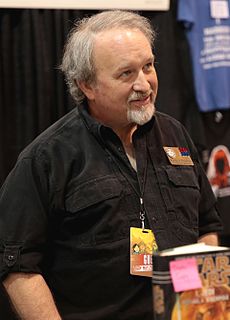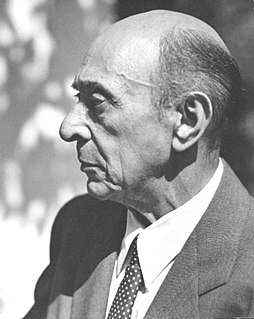A Quote by David J. Lieberman
Whenever you are dealing with someone or something of unknown value the first one who places a value on it establishes its worth.
Related Quotes
Excessively precise economic analysis can lead to assessing everything in terms of its easily measurable melt value - the value that thieves get from stealing copper wiring from isolated houses, that vandals got from tearing down Greek temples for the lead joints holding the marble blocks together, that shortsighted timber companies get from liquidating their forests. The standard to insist on is live value. What is something worth when it's working?
The birth of a new fact is always a wonderful thing to experience. It's dualistically called a "discovery" because of the presumption that it has an existence independent of anyone's awareness of it. When it comes along, it always has, at first, a low value. Then, depending on the value-looseness of the observer and the potential quality of the fact, its value increases, either slowly or rapidly, or the value wanes and the fact disappears.
Men of the world who value the Way all turn to books. But books are nothing more than words. Words have value; what is of value in words is meaning. Meaning has something it is pursuing, but the thing that it is pursuing cannot be put into words and handed down. The world values words and hands down books but, though the world values them, I do not think them worth valuing. What the world takes to be values is not real value.
But no value has been put on human life; it is given to us free and taken without being paid for. What is it worth? If you look around, at times the value may seem to be little or nothing at all. Often after you have sweated and tried and things are not better for you, there comes a feeling deep down in the soul that you are not worth much.




































